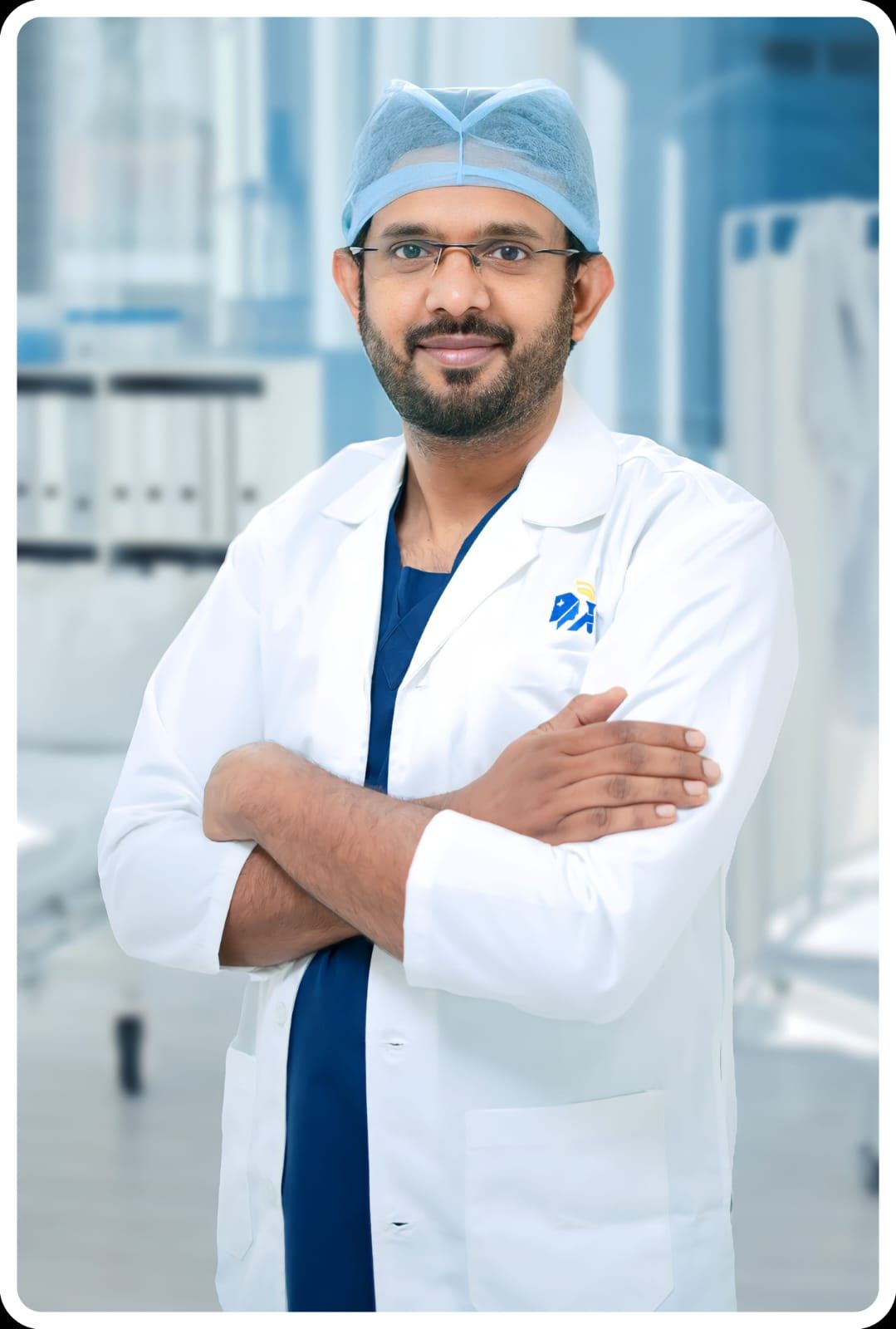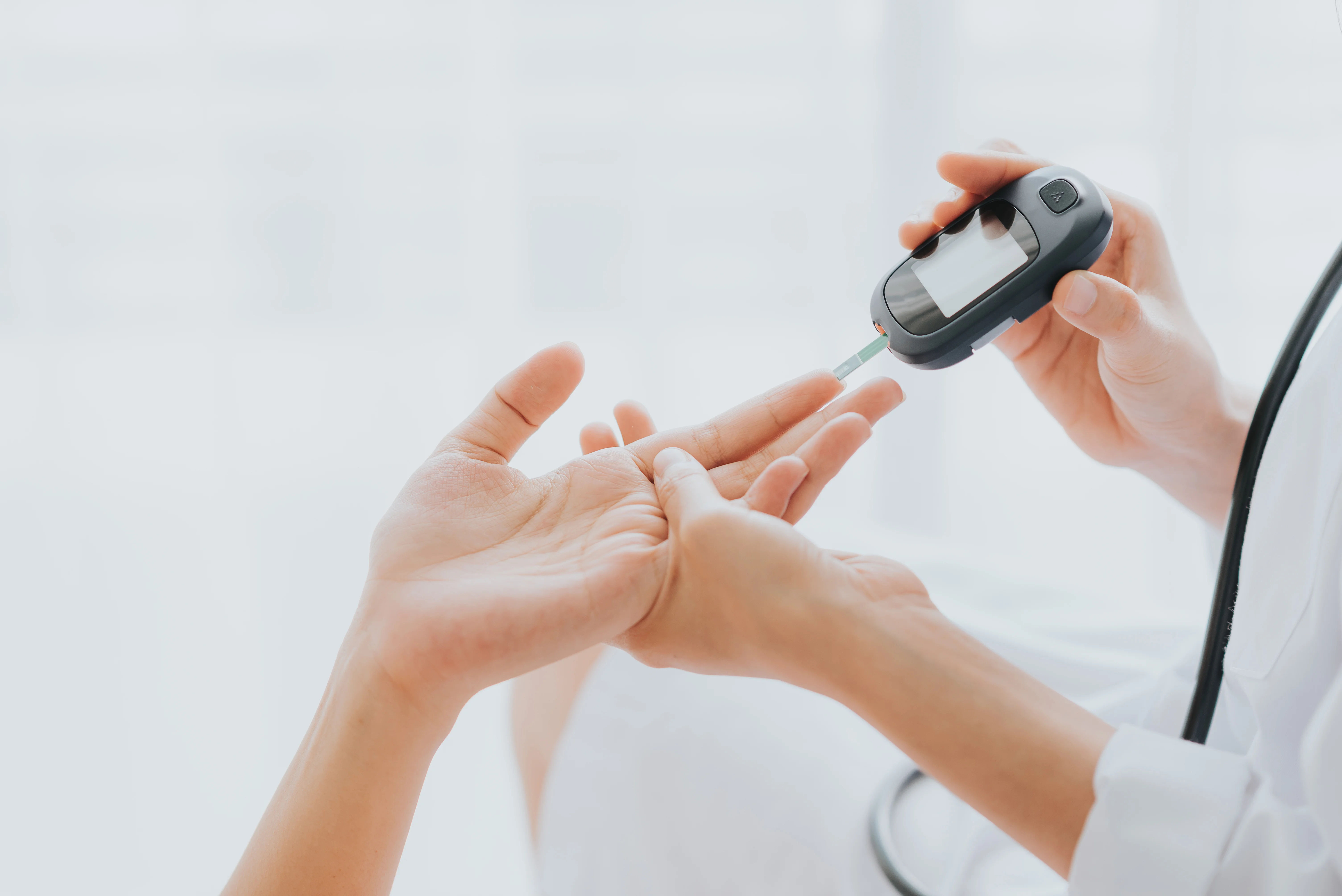Understanding Hand Transplant Procedures
Explore how hand transplant procedures work, including the surgical process, eligibility, recovery, and risks. Understand what to expect from this advanced reconstructive surgery and its life-changing potential.


Losing a hand or part of an arm can be a life-changing experience, affecting daily activities, independence, and emotional well-being. However, advances in medical science have made hand transplants a viable option for some individuals. If you or a loved one is considering this procedure, it’s important to understand what it involves, who is eligible, and what to expect during recovery.
What is a Hand Transplant?
A hand transplant is a surgical procedure where a donor’s hand (or part of it) is transplanted onto a recipient who has lost their hand due to injury, illness, or congenital conditions. This complex surgery involves reattaching bones, blood vessels, nerves, muscles, tendons, and skin to restore function and appearance.
Unlike prosthetic limbs, a transplanted hand is a living, functional part of the body, allowing for natural movement and sensation over time. However, it requires lifelong medication to prevent rejection.
Who Can Get a Hand Transplant?
Not everyone who has lost a hand is eligible for a transplant. Doctors carefully evaluate candidates based on:
Physical Health: The patient must be healthy enough to undergo major surgery and tolerate immunosuppressant drugs.
- Psychological Readiness: Coping with the emotional and mental challenges of a transplant is crucial.
- Commitment to Rehabilitation: Recovery involves years of therapy and strict medication adherence.
- Cause of Hand Loss: Trauma, burns, or congenital absence may qualify, but severe infections or cancer may disqualify a patient.
Consult top Surgeon
The Hand Transplant Procedure
Here’s a detailed overview of the hand transplant procedure, including preparation, surgery, and recovery:
1. Finding a Donor
- A donor hand must match the recipient’s size, skin tone, and blood type.
- The donor’s family consents to the donation, just like with organ transplants.
2. Surgery
- The procedure can take 8-12 hours or longer, depending on complexity.
- Surgeons reconnect bones, blood vessels, nerves, and tendons.
- Microsurgery techniques ensure proper blood flow and nerve function.
3. Recovery & Rehabilitation
- Hospital Stay: 1-2 weeks initially, followed by regular check-ups.
- Immunosuppressants: Lifelong medications prevent rejection but may have side effects.
- Physical Therapy: Intensive therapy helps regain movement and strength.
- Nerve Regrowth: Sensation may return gradually over 1-3 years.
Benefits of a Hand Transplant
Below are the benefits of a hand transplant,
- Natural Movement: Unlike prosthetics, a transplanted hand allows for fine motor skills like gripping and writing.
- Sensation: Many patients regain touch and temperature perception.
- Improved Quality of Life: Restoring a hand can boost confidence and independence.
Challenges & Risks
There are certain risks associated with hand transplant and are as follows,
- Rejection Risk: The body may attack the new hand, requiring strong medications.
- Side Effects of Immunosuppressants: Increased infection risk, diabetes, or kidney problems.
- Long Recovery: Full function can take years of therapy.
- Psychological Adjustment: Adapting to a new hand can be emotionally challenging.
Life After a Hand Transplant
Patients must commit to:
- Taking medications daily to prevent rejection.
- Attending therapy sessions to regain function.
- Regular medical check-ups to monitor progress.
Many recipients report significant improvements in daily tasks, but success depends on dedication to recovery.
Is a Hand Transplant Right for You?
If you’re considering this option, discuss it with a transplant specialist. They can assess your eligibility, explain risks, and guide you through the process.
Need Help?
If you’d like to explore hand transplant options, Apollo 24|7 can connect you with expert surgeons and rehabilitation teams. Book a consultation today to learn more.
Conclusion
A hand transplant is a remarkable medical advancement that offers hope to those who have lost a limb. While the journey is long and requires commitment, the potential to regain function and independence makes it a life-changing option for the right candidate.
Consult top Surgeon
Consult top Surgeon
Dr. Deepak G
General Surgeon
2 Years • MBBS, MS
Bengaluru
A.V.S Clinic, Bengaluru

Dr. Deepak Thakur
General Surgeon
10 Years • MBBS, MS General Surgery
Patna
Health Care Clinic, Patna
Dr. Siva Prasad Arja
General Surgeon
4 Years • MBBS, DNB (GENERAL SURGERY)
Hyderabad
Seasons hospital, Hyderabad

Dr Venu Kumar K N
Vascular Surgeon
8 Years • MBBS, MS(General Surgery),M ch(Vascular Surgery) DrNB
Bengaluru
Apollo Clinic, JP nagar, Bengaluru

Dr. Balachandar Kariappa Reddy
General Surgeon
16 Years • MBBS, DNB (Gen. Surg.), FMAS.,FAIS
Chennai
Apollo Hospitals Greams Road, Chennai
(75+ Patients)
Consult top Surgeon
Dr. Deepak G
General Surgeon
2 Years • MBBS, MS
Bengaluru
A.V.S Clinic, Bengaluru

Dr. Deepak Thakur
General Surgeon
10 Years • MBBS, MS General Surgery
Patna
Health Care Clinic, Patna
Dr. Siva Prasad Arja
General Surgeon
4 Years • MBBS, DNB (GENERAL SURGERY)
Hyderabad
Seasons hospital, Hyderabad

Dr Venu Kumar K N
Vascular Surgeon
8 Years • MBBS, MS(General Surgery),M ch(Vascular Surgery) DrNB
Bengaluru
Apollo Clinic, JP nagar, Bengaluru

Dr. Balachandar Kariappa Reddy
General Surgeon
16 Years • MBBS, DNB (Gen. Surg.), FMAS.,FAIS
Chennai
Apollo Hospitals Greams Road, Chennai
(75+ Patients)




